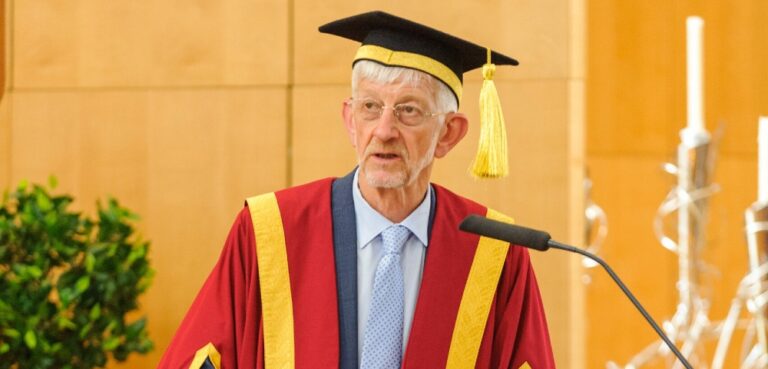
When homophobia rears its head
We have all been faced with negative attitudes towards homosexuality in one way or another.
It could have been when a stranger wound down their car window to call you a ‘faggot’ as you were walking past, or when your uncle wiped his hand against his leg after shaking your hand, but did not wipe it after shaking the hand of your straight brother.
These attitudes are not easily changed. Despite it being nearly four decades since homosexuality stopped being considered a mental illness, the recent federal election reaffirmed that in 2010 there is still a stigma in this country that homosexuality is a second-rate lifestyle.
One reason these attitudes are so hard to change is that they can exist both consciously and unconsciously in people.
An exploratory study, unlike any other conducted in Australia before, currently being completed by Joel Anderson at the Australian Catholic University, is looking closely at explicit (conscious) and implicit (unconscious) attitudes towards homosexuality and the impact religion has on these attitudes.
Though previous research has consistently shown there to be a relationship between religion and prejudice, and religion and homophobia, this is the first time in Australia that research has looked at whether people who are religious have an implicit bias towards heterosexuality more than people who are not religious.
To clarify, an implicit attitude is a view someone does not consciously make. It is unacknowledged and out of the realm of the person’s awareness. In other words, it is an automatic reaction, for example, when you are shopping with a same-sex partner and you receive different treatment from opposite-sex couples.
Anderson says that this occurs, “not necessarily because the sales assistant is homophobic, but because they have an implicit or inner bias towards heterosexuality”.
In comparison, an explicit attitude, according to Anderson, “is a person’s conscious view of something, someone or a concept. It is an attitude they are generally aware of and one which they express”.
Individuals can measure their own explicit attitudes because they are conscious and aware of them; if someone asked you what your attitude was towards gay people adopting children, your answer, whatever it may be, would be an explicit attitude you hold. However, implicit attitudes are not as easily measured.
According to Anderson, tests have previously been conducted to assess implicit attitudes towards homosexuality using measures such as the Implicit Association Test. This research has concluded that homosexuality is evaluated significantly less positively than heterosexuality and this has been interpreted as evidence of implicit homophobia.
Anderson’s study, which is using a new measure referred to as the GNAT (Go/No-Go Association Task), will allow us to see if the presence of religion in a person’s life impacts on their implicit attitudes towards homosexuality.
“If people who identify as Christian all turn out to have significantly more negative implicit attitudes towards homosexuality (higher levels of homophobia), than their explicit attitudes, then we want to ask why,” Anderson said.
“In this example, we may conclude that although it is no longer socially acceptable to exhibit prejudice such as homophobia … religious beliefs may cause people to unknowingly evaluate homosexuality in a negative light.”
Such a study reveals the complexity involved in understanding people’s attitudes towards homosexuality, particularly when such attitudes are expressed in violent ways.
As Sergeant Scott Davis, manager of the Gay and Lesbian Advisory Unit at the Victoria Police indicates, most homophobic crimes are opportunistic.
“That is, the offender has not gone out to target a gay person, but a gay person presents in front of them and the offender targets them as they are in the street,” Davis said.
“During the attack the offender may believe that he has identified that the victim is gay and makes comments about that during the attack.”
The offender in this scenario may not consciously want to commit an attack against a homosexual. When he encounters a gay person and his automatic reaction is to attack, that is revealing an implicit attitude the offender has towards homosexuality. However, when the offender makes comments about the victim being gay, that is an explicit and conscious expression of the offender’s attitude towards homosexuality.
Anderson’s study will contribute to understandings of intolerance and the factors involved specifically in homophobia.
Though Anderson says attitudes are not easily changed, such a study is a step in the right direction towards “enlightening all involved about what is actually going on, what the facts are, and through research, what causes differences in attitudes towards sexuality”.
This is particularly important because, as Davis asserts, “many straight people believe that all the issues of homophobia are over now and that is clearly not the case. We need to highlight that all people play a role in challenging homophobia”.
By Tom Jones
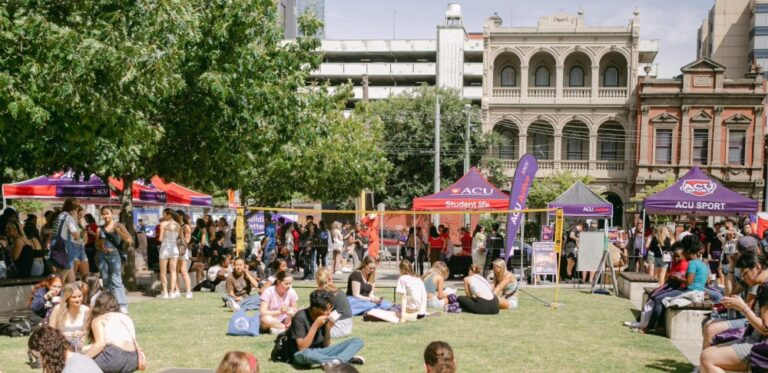
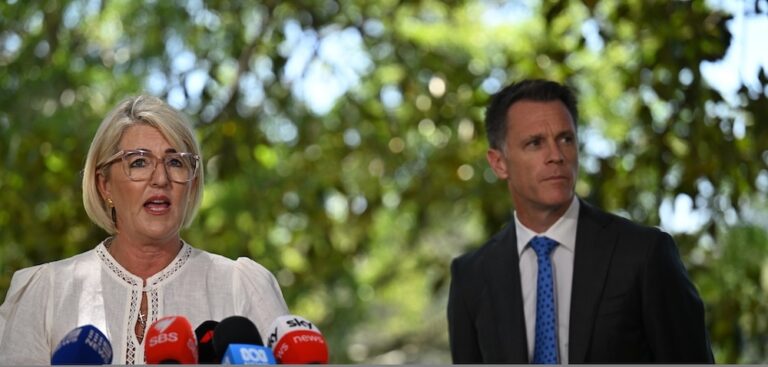
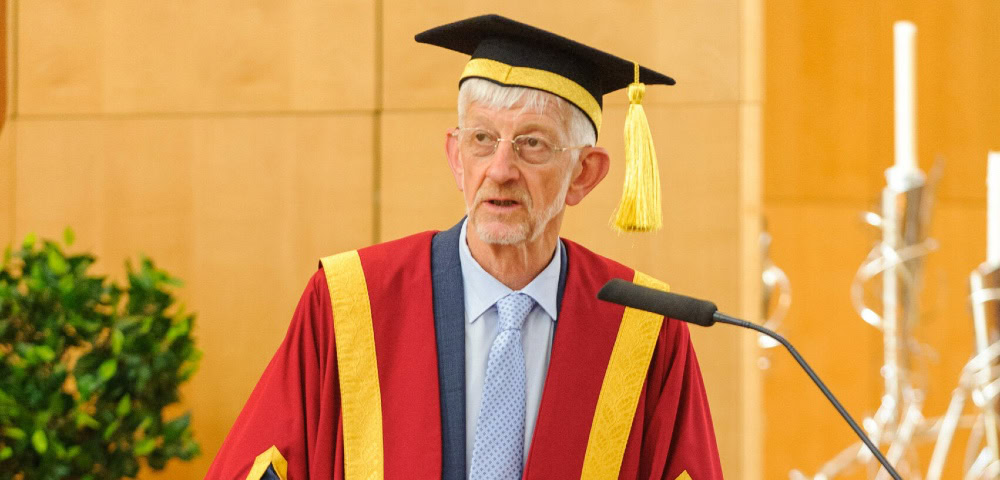
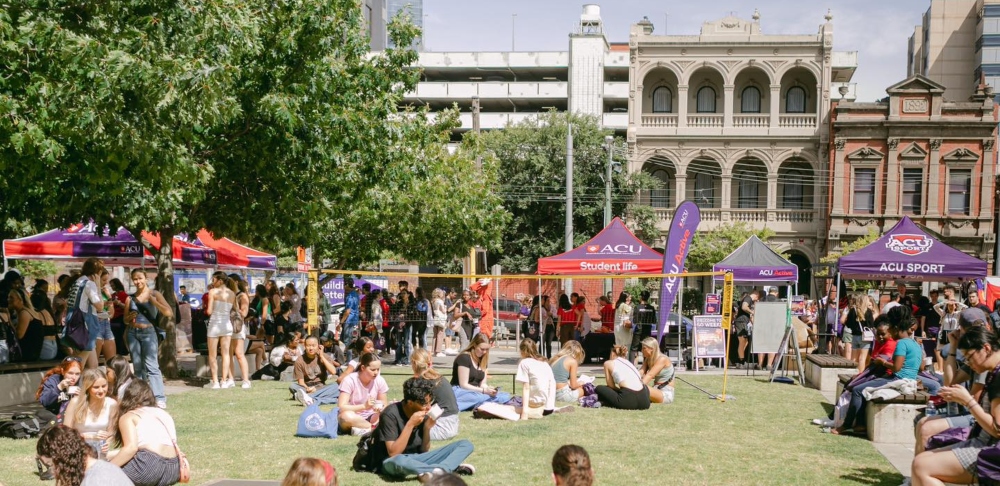
I guess what you are talking about is a gut feeling about something. All the things we have experienced before in our lives contribute to the way we emotionally respond.
Having heard perhaps a million messages of hate towards people who are homosexual if one has a Christian upbringing; I have no doubt bit by bit that builds an emotional response when confronted with a homosexual. I loved men but did not think I was gay for a many years. A gay person was a girly bloke who had floral shirts. Well that it not me I had thought. The negative sentiments of course can be backed up by barrage of constant negative sentiment in the media towards homosexuals.
I think having heterosexual sports role models who are openly gay or lesbian does an enormous good to break down the barriers. I have read the fastest way to reduce homophobia is to know someone who is homosexual. I presume this is the same for intersex and transgender people who I find are often forgotten by our community.
In a recent renovation living a country area I was open to all the trades people that came. Many said they never met a gay bloke before. They realised I was like any other person and we all had beers together and joked. Some would drop by for coffee if they were passing after the job was finished. They just had to say sorry when the slipped banging in a nail and said
Very interesting read. I would imagine allot of time & work went into this study.